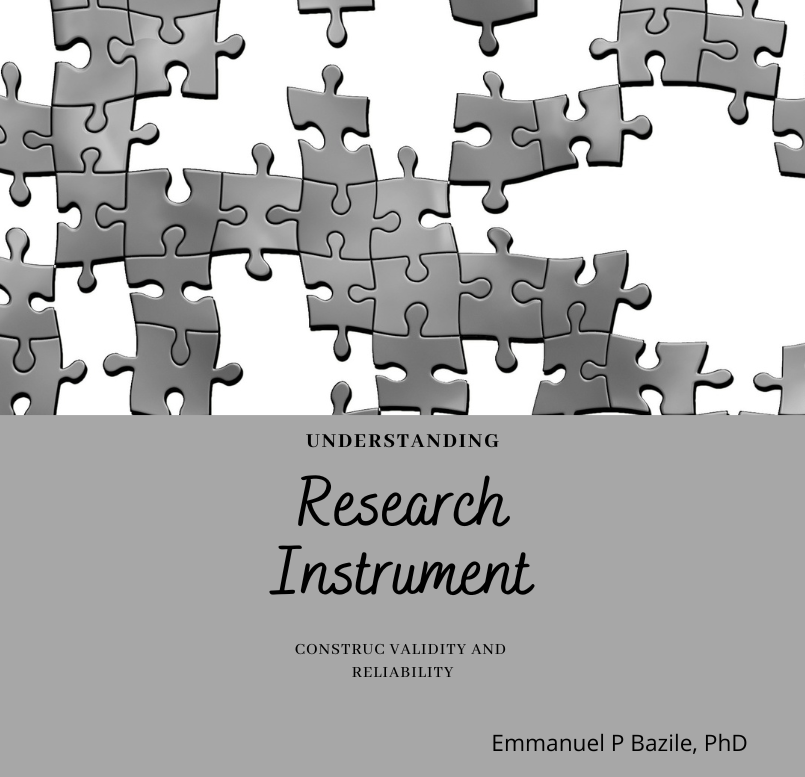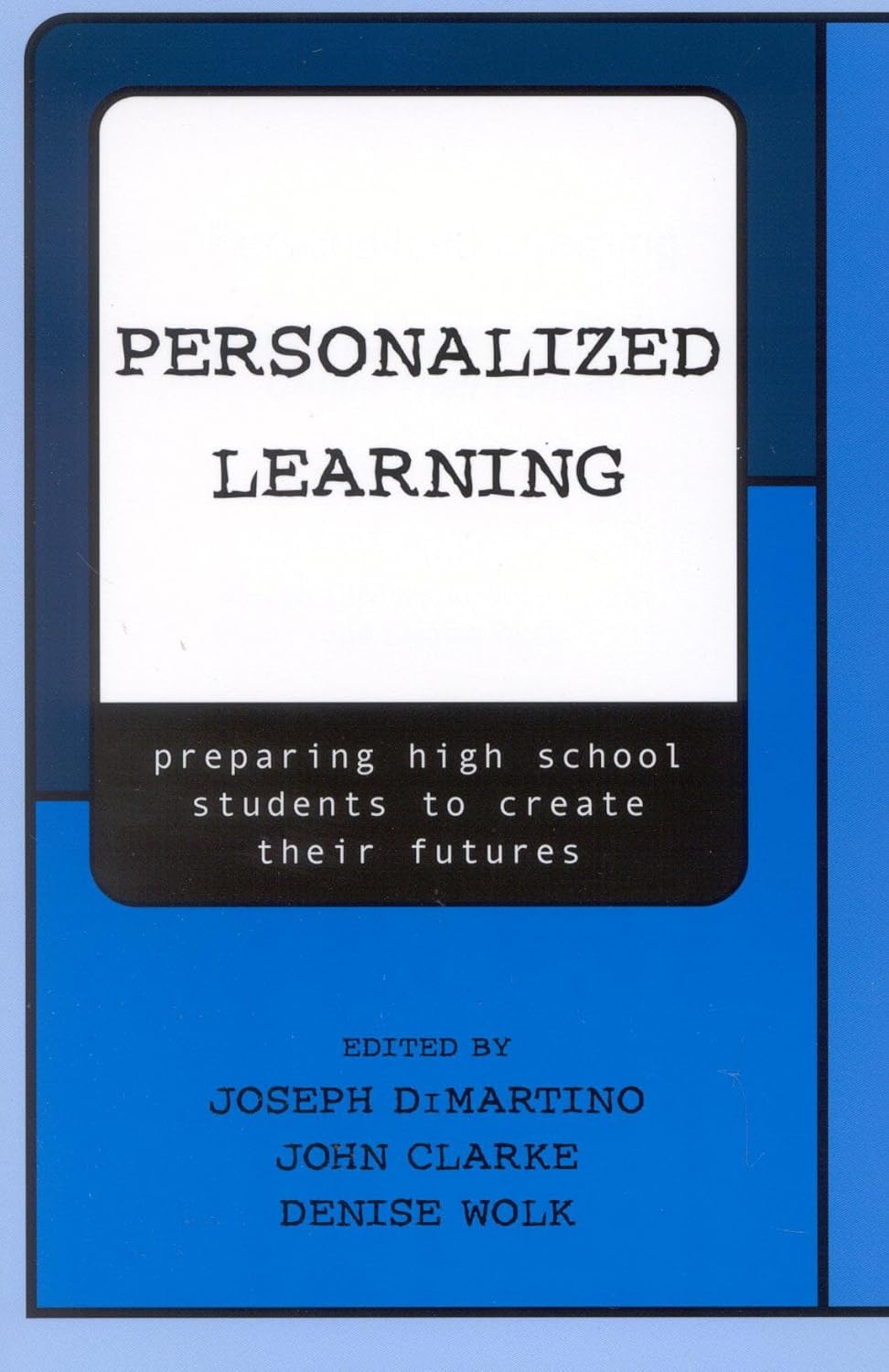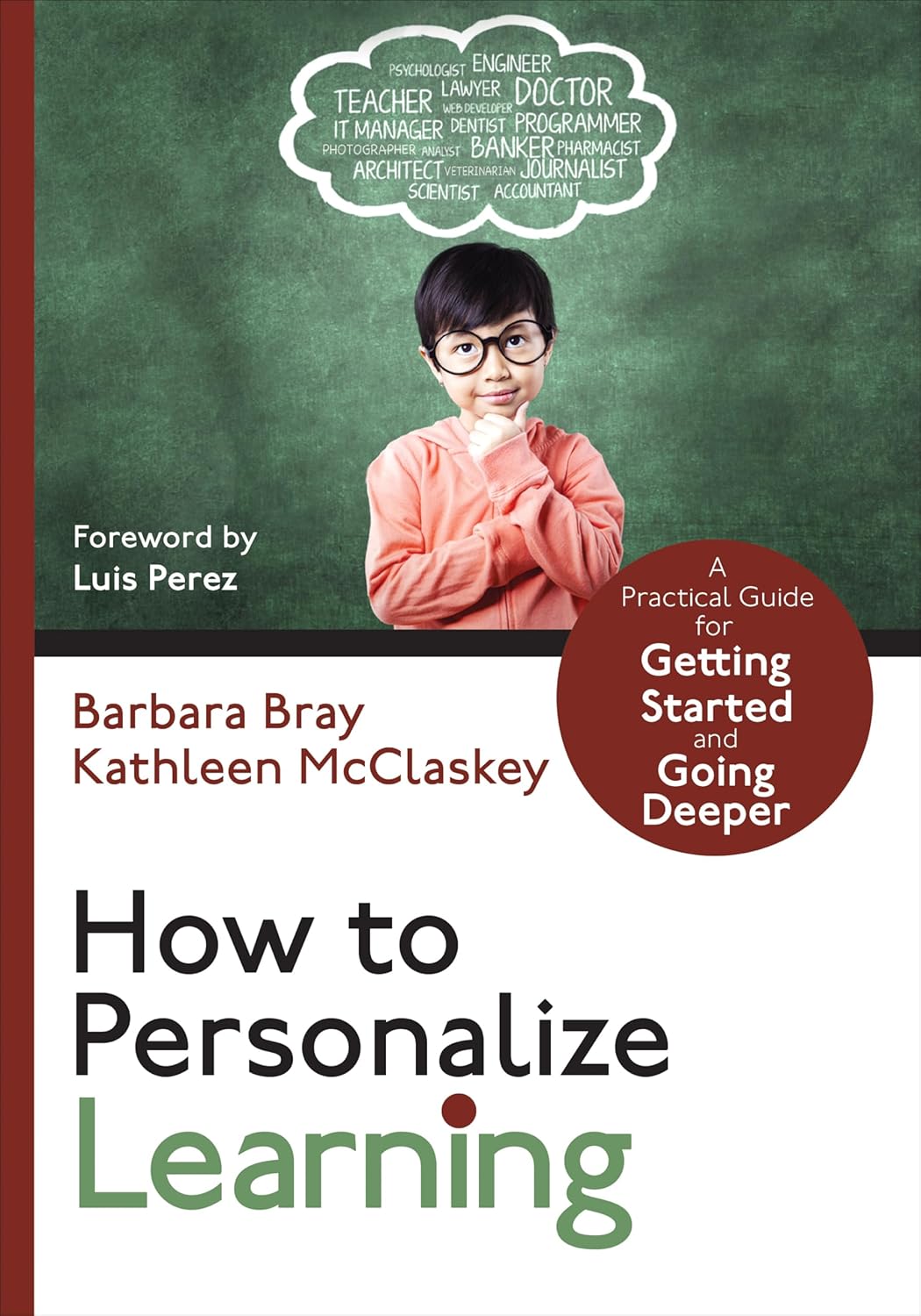
Reclaiming Personalized Learning Review
Explore “Reclaiming Personalized Learning”—a book that calls for equity in education. Join the review to see how compassion and fairness are reimagined in classrooms.

As an Integration Engineer, University Faculty, and Digital Marketing Strategist, I have excelled in diverse roles, bridging technology gaps, inspiring students, and driving digital growth.
Despite the benefits of EMR systems, Healthcare Professionals including physicians continue to resist the implementation of the system.
Despite the benefits of EMR systems, Healthcare Professionals including physicians continue tourist the implementation
of the system.
This study used quantitative methods to measure the relationships between six constructs, namely CSE, PC,
ATE, PP, AXY and RES.
The specific goals of this research study were to empirically assess the contribution of the independent variables, CSE, PC, ATE, PP, and Anxiety on the dependent variable
Prior research provides evidence of failed EMR implementations due to resistance on the part of physicians, nurses, and clinical administrators.
The quantitative analyses using SPSS and the R programming language allowed for the exploration of relationships between the constructs CSE, PC, ATE, PP, AXY,
The analysis found that the overall R2 after the SEM was performed, the model had an overall R2 of 0.78, which indicated that 78%
variability in RES could
My teaching philosophy as an Information Systems professor in healthcare is built on the concept that education.

When planning a trip, it is important to make it as cost effective as possible. The whole process can be stressful initially. However, following some of the tips from this book will help alleviate issues with money, time, and frustration. Becoming a proficient traveler will help eliminate problems such as getting lost.
$9.99

Health Level Seven (HL7) is an ANSI-accredited standard. It was founded in 1987 to provide a comprehensive framework and related standard for the exchange of Electronic Health Data among entities. HL7 has over 4,000 members from 50 countries, representing healthcare vendors, providers, payers, and others.
$14.99

A research instrument is used to gather, quantify, and evaluate information on a particular research interest. In order to evaluate data, clients, students, teachers, andnresearchers make use of such a tool. An instrument is most often used on social sciences, health sciences, and education to collect information that will be analyzed.
$19.99

My teaching philosophy as an Information Systems professor in healthcare is built on the concept that education should equip students to be confident and capable problem solvers who are prepared to traverse the complicated and ever-changing landscape of Healthcare IT.
My goal is to facilitate learning and intellectual growth by inspiring, educating, and mentoring students. This includes delivering engaging and thought-provoking lectures, fostering critical thinking, providing constructive feedback, and encouraging academic curiosity.


Integration is crucial in healthcare as it enables seamless communication and data exchange between various healthcare systems and applications. It improves patient care, enhances data accessibility, and reduces errors. This interoperability fosters collaboration among healthcare providers, streamlines clinical workflows, and ultimately contributes to better decision-making and patient outcomes.
Rating (4.8)
“Excellent book for beginners to start learning HL7. It is Easy to read and to the point. This is one of the best book for beginners and advanced professionals as the tittle indicated. I highly recommend it.”

HL7 Course Student
Rating (5.0)
“Excellent book for beginners to start learning HL7. It is Easy to read and to the point. This is one of the best book for beginners and advanced professionals as the tittle indicated. I highly recommend it.”

Database Concepts


Explore “Reclaiming Personalized Learning”—a book that calls for equity in education. Join the review to see how compassion and fairness are reimagined in classrooms.

Discover how “Enriching the Learning” transforms class boredom into engagement for proficient students. Ideal for curious minds craving a meaningful challenge!

Discover how “Personalizing Learning Through Voice and Choice” transforms classrooms into vibrant hubs of curiosity and engagement, with insights from David Sedaris.

Explore “Personalized Learning,” a guide to tailoring education to individual strengths. Discover if it’s the key to shaping our future thinkers and creators.

Explore the magic of storytelling in “Story: Still the Heart of Literacy,” a 2015 paperback captivating educators with insights and practical approaches to literacy.

Explore “Corwin How to Personalize Learning,” a witty educational guide transforming hard tasks into engaging journeys. Dive into its humor-filled insights today!

Explore the enlightening journey from a novice educator to a seasoned mentor in “Differentiated Mentoring.” Discover tailored coaching insights and strategies.

Explore “Learning Supercharged,” an engaging guide to merging traditional education with modern tech. Packed with humor and insights, it’s a must-read for educators!

Explore “Designing Personalized Learning for Every Student,” a timeless guide challenging educators to rethink teaching methods. Is personalized learning the key?

Discover how “Corwin Publishers Make Learning Personal” transforms education with tailored strategies and insights, making learning as unique as each student.

Explore the “Hands-On Data Science for Marketing” book where data meets marketing magic. Follow our quirky journey blending strategies with creativity and humor.

Discover how “Tech with Heart” transforms classrooms into empathy-driven spaces. Sedaris-style insights into tech empowering voices and easing student anxiety.